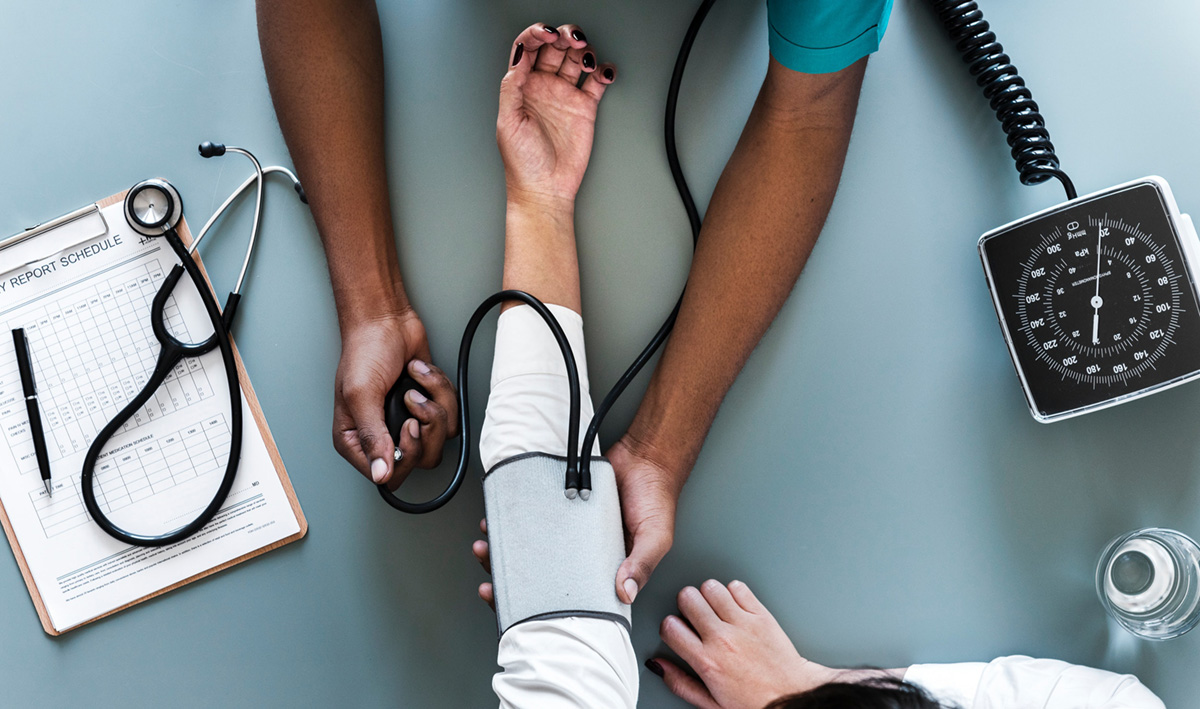
Hypertension - Overview
Hypertension is a severe medical condition which can cause damage to blood vessels and if not treated properly can lead to several complications, some of which are even life threatening. Many people suffer from elevated blood pressure without being aware of that. The condition can be easily confirmed by measuring blood pressure. Once the person is diagnosed with hypertension he/ she is prescribed suitable medications which keep the blood pressure under control and this way prevent possible complications.
Stages of Hypertension
The initial stage of hypertension is known as prehypertension. Blood pressure is in this case only slightly elevated. Normal values of blood pressure never exceed 120mmHg for systolic blood pressure and 80mmHg for diastolic blood pressure. In prehypertension the level of systolic blood pressure is between 120 and 139mmHg while diastolic blood pressure ranges from 80 to 89mmHg. People suffering from prehypertension usually have no symptoms and their blood pressure can be brought under control with a well-balanced diet, limited salt consumption, increased exercises, maintaining healthy weight, reduction in alcohol consumption and quitting smoking.
Stage 1 hypertension features with systolic blood pressure of 140-159 mmHg and diastolic blood pressure of 90 to 99 mmHg. Even in this stage the condition may be asymptomatic and only identified once the blood pressure is measured. Patients suffering from stage one hypertension may benefit from a combination of life style changes (those recommended in case of prehypertension) and medications. The most commonly prescribed medications for stage 1 hypertension include diuretics, beta-blockers, ACE-inhibitors and calcium channel blockers.
And finally, stage 2 hypertension features with systolic blood pressure above 160 mmHg and diastolic blood pressure above 100 mmHg. This is severe hypertension which can easily cause heart failure, kidney failure heart attack and stroke. If blood pressure is rather high (which is the case of stage 2 hypertension) patients do suffer from specific symptoms such as dizziness, headaches and nosebleeds. This stage of hypertension requires adequate combination of medications. Patients are advised to change their habits and live healthier. However, the cornerstone of stage 2 hypertension remains medicamentous. Apart from the drugs which are prescribed to patients suffering from stage 1 hypertension, people with stage 2 hypertension can be additionally administered alpha-blockers, alpha-beta blockers and vasodilatators.
There are also two more stages which are classified as stage 3 and 4 and they represent abnormal increase in blood pressure and are known as malignant hypertension. In stage 3 systolic blood pressure ranges from 180 and 209mmHg and diastolic pressure is between 110 and 119 mmHg while these values become even much higher in stage 4. Malignant hypertension is serious and may cause lethal outcome and complications such as heart attack and stroke. It requires prompt medical attention and hospitalization.




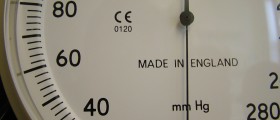
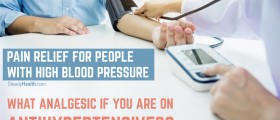
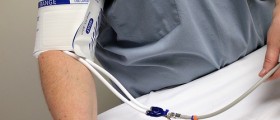

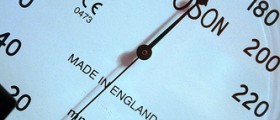




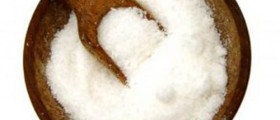



Your thoughts on this
Loading...